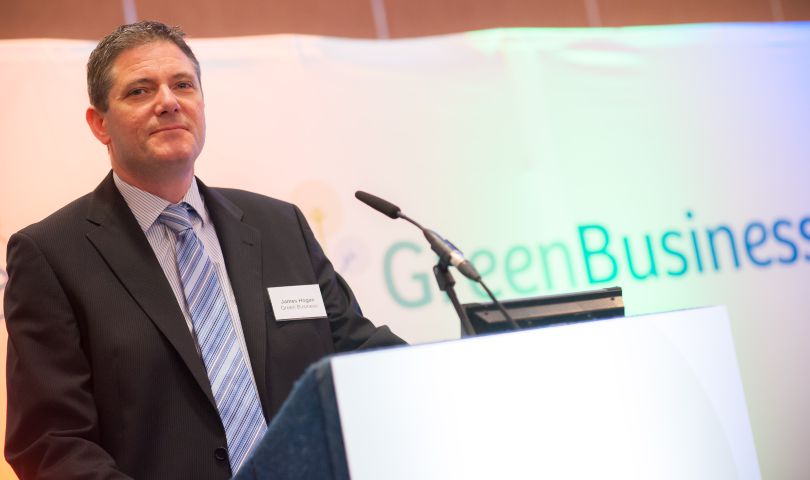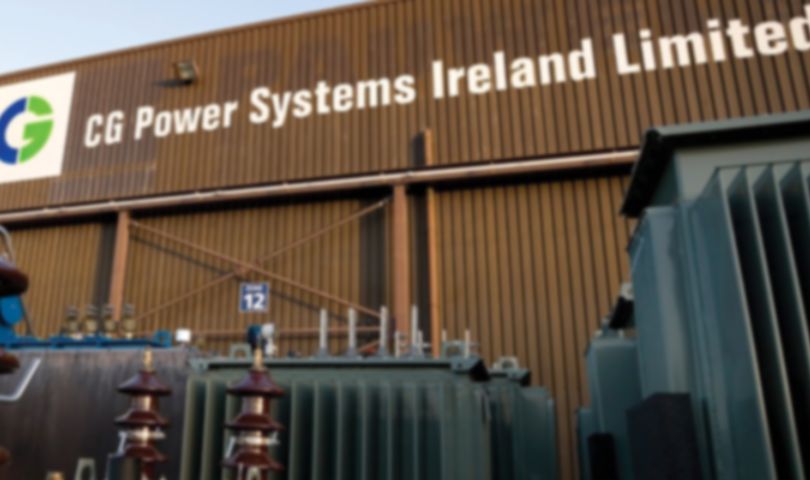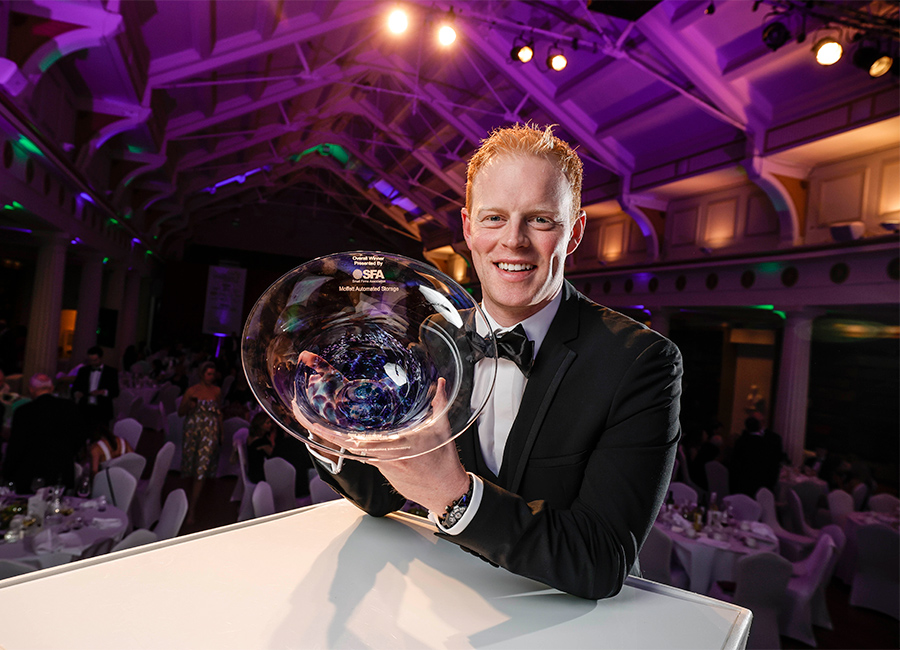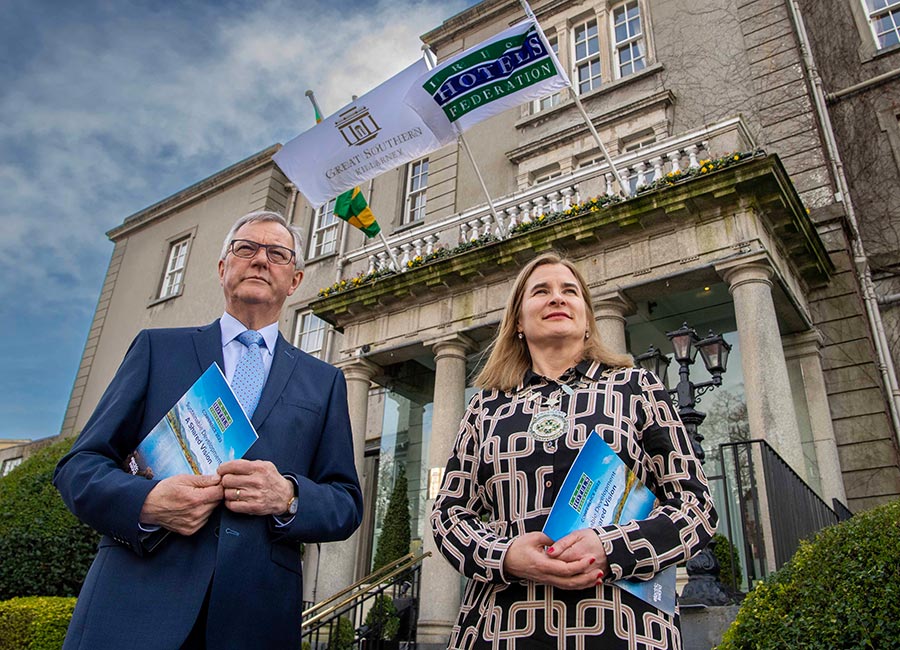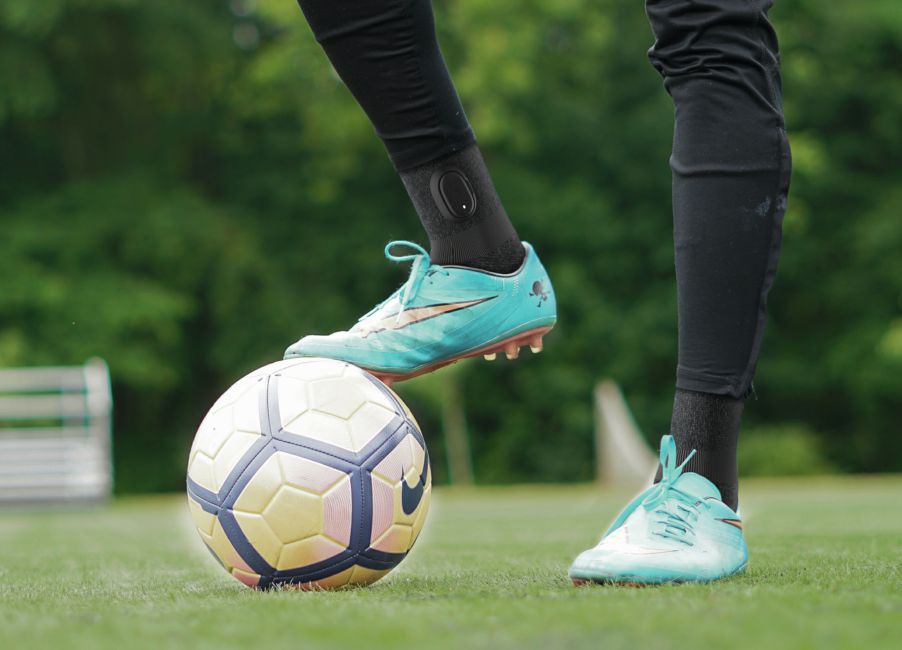Such is the current obsession with promoting all things tech in Ireland that it’s easy to overlook how lush the thicket of state aids for green business has become. For companies so inclined, they could be led down the garden path by Enterprise Ireland (EI), the Environmental Protection Agency (EPA), the Sustainable Energy Authority of Ireland (SEAI), IDA Ireland, Eirgrid or the EU, all of whom provide generous funding streams and guidance for green business practises.
For example, the EPA offers individual business grants of up to €60,000 for projects that aim to “minimise emissions through cleaner production methods”. Elsewhere, EI’s ‘Green Start’ grants provide €5,000 towards the cost of hiring an environmental consultant/trainer to assess a company and suggest changes.
The SEAI also operates an ‘Accelerated Capital Allowance’ grant, which is a tax incentive that allows companies to write off 100% of the purchase value of qualifying energy efficient equipment against their profit in the year of purchase.
Funding for larger-scale green business projects are distributed by EI and the EU, while free consultations, site inspections and waste exchange programmes can be accessed from a variety of Irish organisations.
Sustainable
On the whole, SMEs have approached the pragmatics of green business in a grounded fashion, often parsing it into small projects that bring respectable financial and environmental benefits. That’s where a little free assessment and advice can come in handy, and there are several sources of help that SMEs can go for.
One such source is Green Business, an EPA-funded entity that can beat a path through to green business nirvana for SMEs unsure of what to do. Set up in 2004, Green Business provides with site inspections, workshops and advice on the supports available to businesses.
Green Business also partners with a number of other similarly green-focused organisations that offer free support, among them Smile Resource Exchange and Repak.
Bigger Is Savvier
James Hogan, programme manager with Green Business, explains that site inspections and follow-on report recommendations are reserved for companies that have a utility spend of more than €20,000. Smaller companies can still get free consultation and advice from Green Business over the phone.
According to Hogan, awareness and adoption of green business principles varies amongst businesses in Ireland, with the food sector being the most enthusiastic adopter of sustainable activities.
He adds: “Generally, larger companies tend to be savvier than small firms about the steps they can take to make their business greener, and about the supports available to help them do so. That’s mostly down to the fact that these companies have more personnel available to focus in on those areas.”
The three areas that businesses typically hone in on for their green business endeavours are energy use, water use and waste production. “We try to show companies where they can find the low-hanging fruit, where they can make savings by very simple changes and by being more aware,” says Hogan. “If a site visit is involved, we go to the business and identify those areas. The companies can then go and decide whether or not to implement the changes themselves.”
Caring for the environment is obviously one of the motivations behind a business deciding to adopt green business practises, but there’s also the need to keep one eye on the bottom line – cost savings. They can sometimes be considerable too, based on the results achieved among some of Green Business’s published case studies, summarised below.
CG Power Systems
CG Power Systems is a Cavan-based manufacturer of power transformers that contacted Green Business in 2011 to improve its carbon footprint. Green Business then undertook a two-day audit of the company, before suggesting costed ways to reduce the firm’s energy consumption.
According to James McMahon, managing director of CG Power Systems Ireland, one of the measures implemented was channelling heat produced in one of the firm’s compressor rooms into canteens and other rooms, which had paid for itself after a few months. The firm also recycled exhaust heat from its manufacturing processes. “We’ve reduced our carbon emissions by 680 tonnes per year as a result,” says McMahon.
Stillorgan Village
Stillorgan Village also turned to Green Business to help it plan an environmental programme in 2011. The centre houses over 50 retail outlets and decided to focus its efforts on water usage in the building. It quickly found that a significant amount of water use was unexplained, and when it drilled down through the usage figures, realised that the centre had water leaks.
Once they were found and repaired, the village also tightened up water usage in its various toilets. Despite the modest pretensions of the environmental programme, Stillorgan Village managed net savings of €24,000 in the first year, easily recouping the €15,000 spent on the surveying and improvement works. The shopping centre now uses 10,200 cubic metres less water every year.
Freshways
Freshways managed to turn something as simple as the crumbs from its table into savings of €15,000 per annum. The former Kerry Group brand, subject of a management buyout in 2014, produces chilled sandwiches and wraps.
After consulting with Green Business, Freshways instituted a system to sell its leftover bread for use as breadcrumbs, 112 tonnes of which was going to waste yearly. According to Freshways, selling the bread leavings reduced waste costs by €7,500 per annum and brought additional revenue of €8,000 in the door every year.
In all, Freshways made savings of some €30,000 per year by implementing Green Business’s suggestions. Other measures that helped Freshways recoup expenses included the reduction of 750 cubic metres of water used on site per annum by the introduction of spray heads and reduced flow on taps for handwashing. The initial project outlay only cost Freshways €5,000.
Sodexo Catering
Sodexo Catering provides a good example of a simple measure that effected a considerable financial return. One of the companies that Sodexo provided catering services for was sending over one million paper cups used by its staff to landfill each year, at a cost of €150,000.
It was suggested that the company instead provide free mugs to staff, who were then made responsible for washing their own cups. The investment in mugs cost €20,000 but was recouped in a matter of weeks thanks to the money saved by not having to send paper cups to the dump.
Height For Hire
Founded in Louth in 1978, Height For Hire is a supplier of mobile elevating work platforms in Ireland, the UK and eastern Europe. After consulting with Green Business, the firm availed of EI’s Lean Start grant, which awards €5,000 to help businesses implement lean management practises. Height for Hire subsequently introduced rainwater harvesting to the business, which, in combination with its own water treatment operations, saves the company 85% in water usage.
Height for Hire made further progress in its green credentials by using lower-emission transport vehicles to haul its equipment around. The elevating work platforms themselves were also selected on the basis of their environmental friendliness, using low-maintenance rechargeable batteries.
Other Options
According to Hogan, companies that come to Green Business are sometimes pointed towards partner organisations such as Repak and Smile Resource Exchange. The latter organisation provides a free service for businesses to source and exchange resources between themselves, which can be anything from leftover eggshells to fabrics, cardboard and furniture.
Repak’s Prevent and Save programme, meanwhile, offers companies free site visits and reports that recommend ways to optimise packaging and reduce waste.
The food industry is a frontrunner in seeking and implementing green business activities, and Hogan says that the constant need to improve efficiency is fuelling that industry’s enthusiasm. “Food businesses need to reduce costs and look closely at how they use resources such as water. They need to find better ways to increase productivity within a situation of limited water and energy availability,” he explains.
Companies are also aware of the PR benefits around implementing environmentally friendly business activities. A green business policy can be shaped into corporate social responsibility (CSR) when it has benefits for local communities, while the image of green business can also carry a brand far in overseas markets.
Origin Green
Hogan says that the marketing angle has helped ‘Origin Green’ grow in popularity among Irish companies. The Bord Bia initiative uses a voluntary charter that companies can sign up to, which puts a heavy emphasis on the sustainable nature of how they source and manufacture their produce, as well as how they run the business and promote their wares.
Among the companies that have signed up to Origin Green are Bewley’s, Diageo, Glanbia and a host of smaller food firms. “Being able to emphasise the ‘green’ aspect of your business is important when you are selling products internationally,” says Hogan.
Other sectors are catching up domestically too, notably the technology sector. “LED lighting has seen a strong uptake among technology firms. Metering of energy is also becoming more common and proper waste segregation is better than it was before. New legislation has been important in driving companies to improve how they deal with waste but reducing costs is a big factor in green business generally.”


